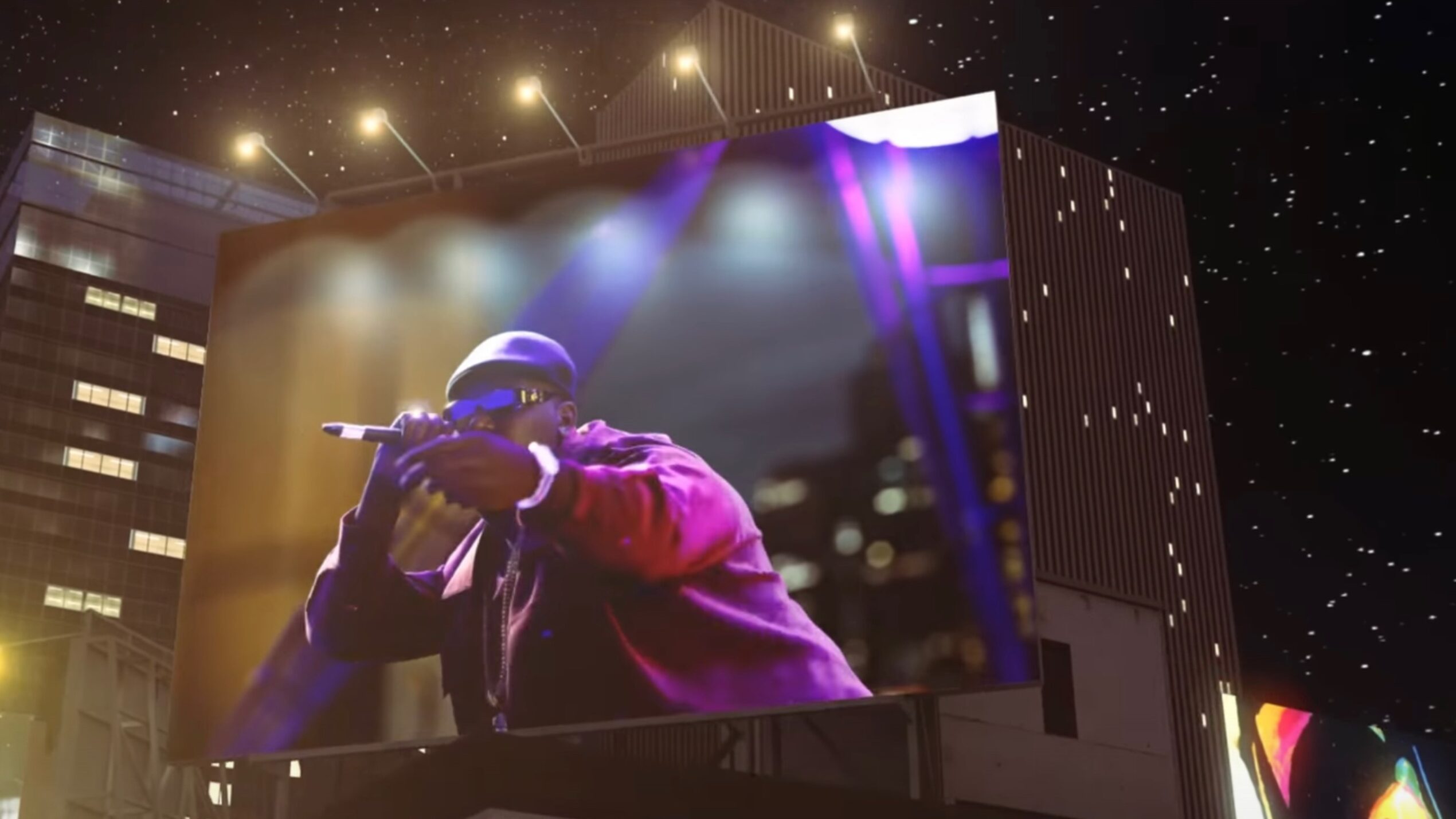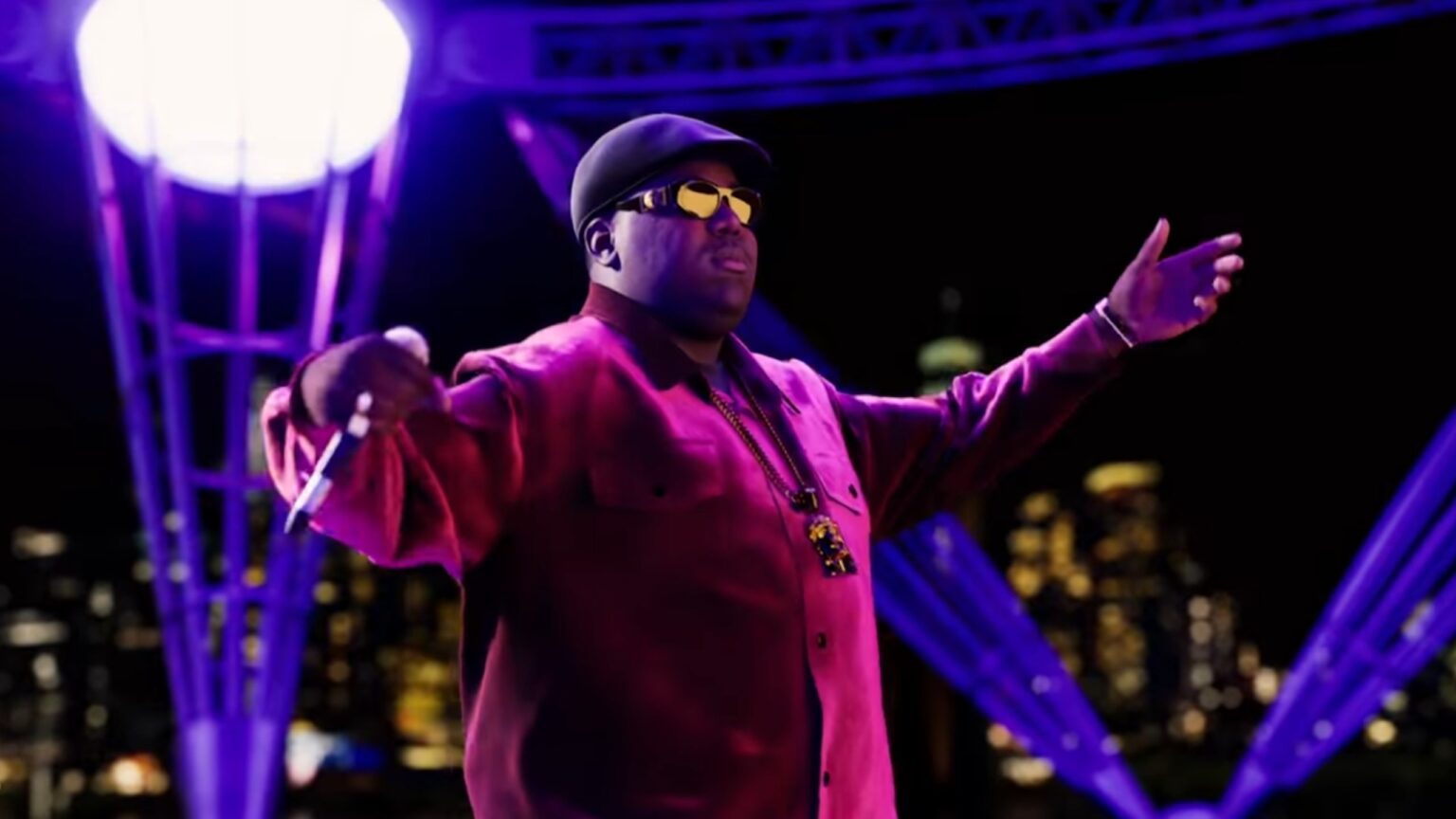Rapper Biggie Smalls, who passed away in 1997, performed “live” with rappers in Meta’s Horizon Worlds.
The performance occurred on Friday, touted as a chance to celebrate the life of the artist who would have turned 50 this year.
Virtual performance of deceased rapper
Rapper Biggie Smalls, thought of by many as the greatest of all time, was joined by Sean “Diddy” Combs, The Lox, Latto, Nardo Wick, and Lil’ Cease in a performance last week. In contrast to the headline act, Diddy and the rest of the lineup are all very much alive.
The trick for the concert promoters was creating a Biggie performance for the modern era. To make that happen writer and journalist Touré created a narrative journey for the rapper, including pre-concert and post-concert scenes. The entire concert took place in Meta’s Horizon Worlds, as metaverse concerts become an increasingly common occurrence.
One observer described the performance as “stunningly lifelike” although reported some glitches, which included Smalls bumping into other performers.
The idea of a posthumous performance is not something that will appeal to everyone, and using a deceased icon’s name in a commercial capacity could strike as a cash-in.

For Biggie Smalls, Touré sought direct approval from the family of the artist. According to the writer, the reception was positive.
“They were really enthusiastic about all of this, so that made things easy,” said Touré. “I’ve also interviewed Big’s mother and sat in her kitchen, so she knows that I love her son and will take care of his legacy.”
Even with such approvals, some may find the resurrection of deceased celebrities a little too much to bear.
Invoking the dead
Using the images of deceased performers to create new performances is not an entirely new phenomenon. In 2012 Tupac Shakur performed at Coachella, although in this instance the performance was holographic. Likewise, Buddy Holly, Whitney Houston, Michael Jackson, and Amy Winehouse have all performed as holograms too.
Paul Walker returned posthumously to the Fast and the Furious movie series, as did Carrie Fisher to The Rise of Skywalker.









 and then
and then